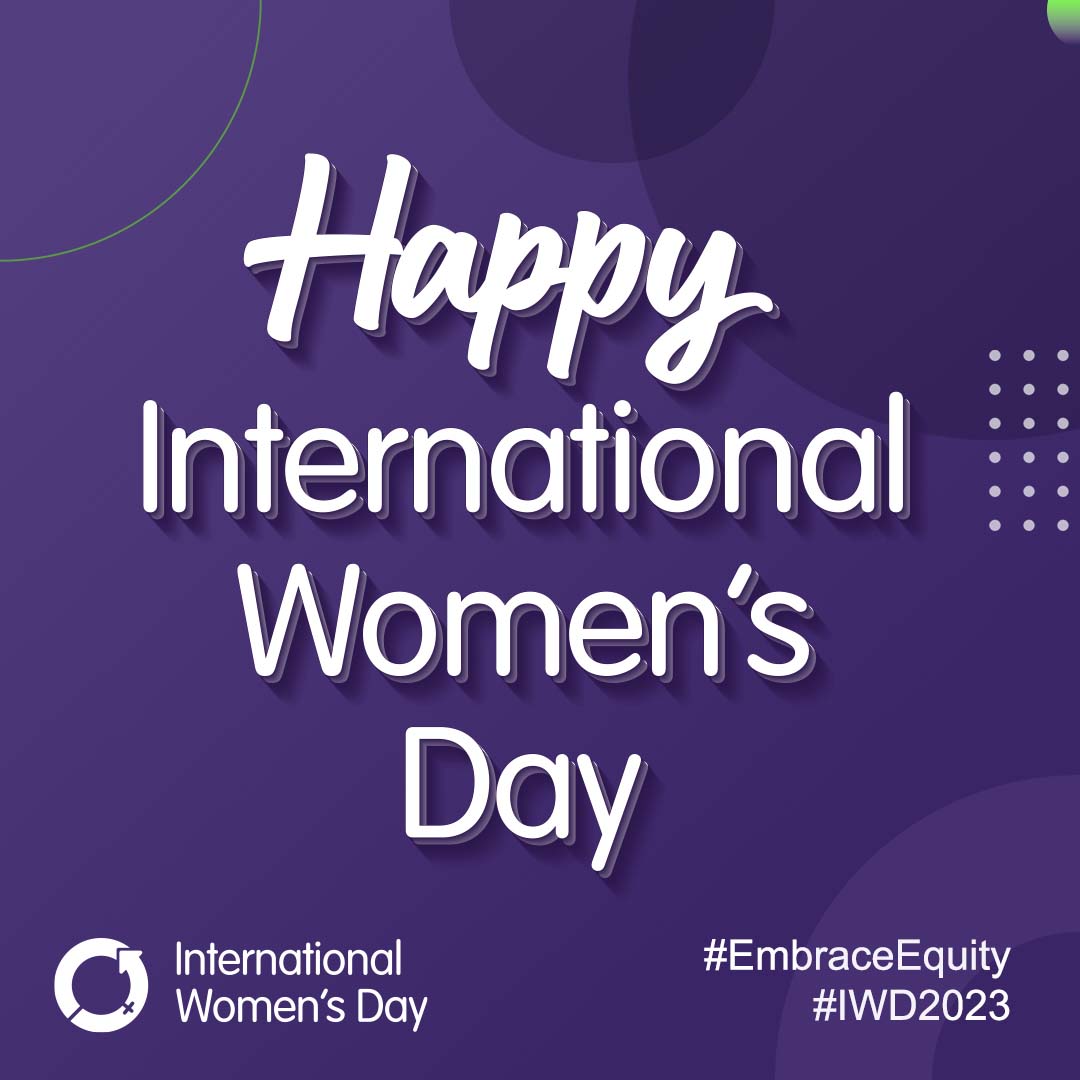International Women’s Day: Perspectives from Thomson Reuters Female Legal and Technology Leaders

In honor of International Women’s Day, Legal Current talked with Thomson Reuters female leaders with roles in the legal and technology spaces to get their perspectives on the progress made in these fields and changes still needed.
For context, Thomson Reuters research in Law Firms Competing for Talent in 2022 showed women associates are among the groups – as well as LGBTQ+ attorneys and people of color – who represent the greatest flight risks for law firms. Specifically, the report found that female lawyers are 2 percentage points more likely than male lawyers to leave their current roles. And women lawyers reported being disproportionately impacted by caregiving responsibilities and a lack of mentoring opportunities.
Against this backdrop, Thomson Reuters women leaders share the progress they’ve seen during their tenures in the legal and technology spaces as well as the changes they would still like to see. They also offer advice to women exploring opportunities in legal and legaltech fields.
“The biggest change I’ve seen is the variety of roles now on offer across legal services,” said Lucinda Case, head of Legal Professionals Europe, Thomson Reuters. “As the industry transforms, we’re seeing the need for different types of expertise to work alongside traditional legal roles. Women have often been the first to champion as well as move into these roles – think back to the first wave of professional support lawyers (PSLs) back in the early 1990s. Alternative roles give everyone choices and have been a really positive development.”
On the technology side, Barb McGiven, head of Transformation, Legal Professionals, Thomson Reuters, has experienced similar changes.
“Early in my career, it was common to be the only woman, or one of a few, on a product development project,” McGiven said. “The best change is that more women are in positions of leadership and influence for R&D, product development, and technology. Perhaps this is due to society’s focus on STEM education for girls over the past several decades, and it’s certainly because of Thomson Reuters’ commitment to diversity and finding the best talent.”
Anu Dodda, head of Engineering, Thomson Reuters, is among the company’s new technology talent.
“I led technology in various industries like retail, financial services, banking and payments, tax and trade, and recently started in the role to lead technology for legal space,” Dodda said. “I am excited to see DEI being a very important topic that is talked about; in my experience, it takes lot of work to get to this point and the possibility of using technology to help bring in the necessary change excites me.”
Emily Colbert, vice president, Practical Law, also noted opportunities for change.
“I’ve been thrilled to see a growing number of women in leadership positions, both from internal promotions and external hires,” Colbert said. “I still think we have progress to make in pay equality across the board.”
To support more women joining the legal and technology fields, Thomson Reuters leaders shared their perspectives for those who are exploring opportunities in these spaces or are new to them.
“Being someone new to this space, I am super pumped by how fascinating the space is from an opportunity perspective,” Dodda said. “There are many problems we can solve in legal workflow/automation to enable better productivity, and all things AI offers ways in which we can transform how lawyers and other professionals in the space can work in the future.”
Her colleagues offered advice on making the most of the opportunities in legaltech.
“My advice is to build relationships with people you aspire to be like,” said Jackie Rhodes, managing director, Asia & Emerging Markets. “Always be willing to listen, learn, and ask for help when you need it. You don’t need to know everything; rather, learn how to bring together people to find the solutions and answers. Technology and skills are evolving fast – the ability to adapt, the curiosity to continue learning, and the investment in time to build relationships are so important to a successful career in legal tech.”
Colbert echoes the importance of cultivating relationships – and paying it forward.
“Build your network of sponsors and peers who will support you,” said Colbert. “Sponsor others and support your peers proactively.”